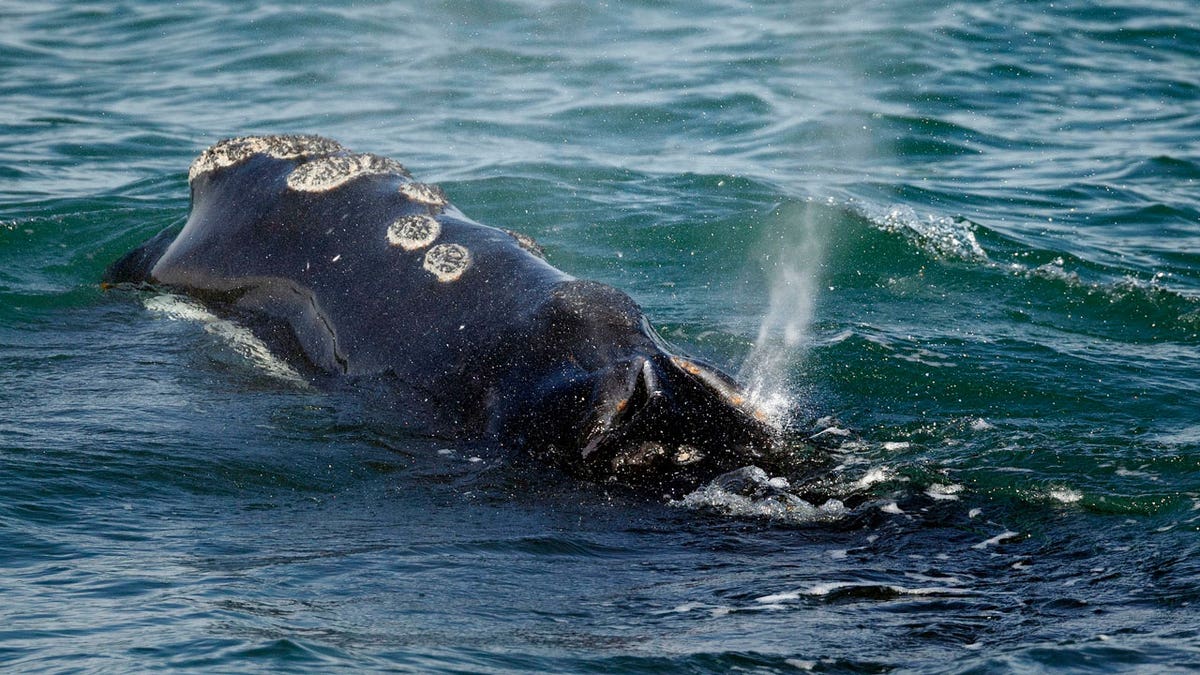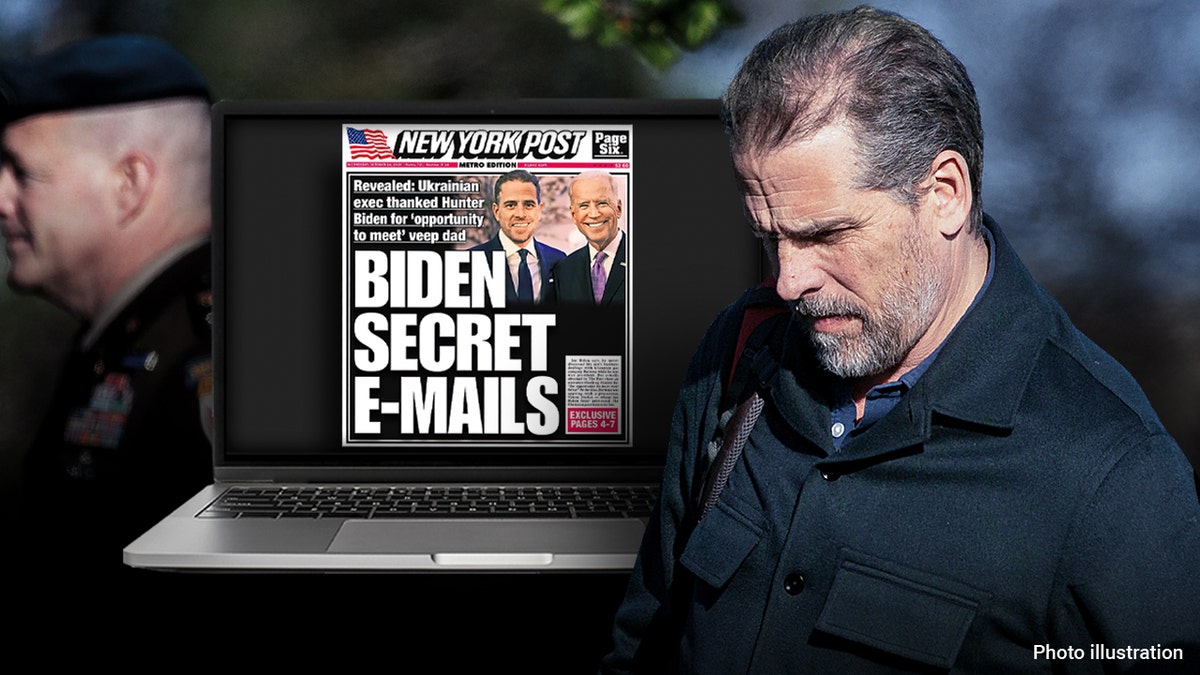Former President Trump's Middle East policy, centered around a maximum pressure campaign against Iran, is once again in the spotlight. This approach, characterized by stringent sanctions on Iranian oil exports, aims to curtail the regime's financial resources, thereby limiting its ability to support terrorist groups and destabilize the region.
During Trump's first term, these sanctions significantly impacted Iran's oil revenue, reducing exports to approximately 400,000 barrels per day. This economic strain, while prompting escalatory actions from Iran, was met with targeted responses from the Trump administration, including the strike against Quds Force commander Qasem Soleimani. Coupled with the Abraham Accords, which fostered normalization between Israel and several Arab nations, this strategy aimed to create a foundation for peace and prosperity in the Middle East.
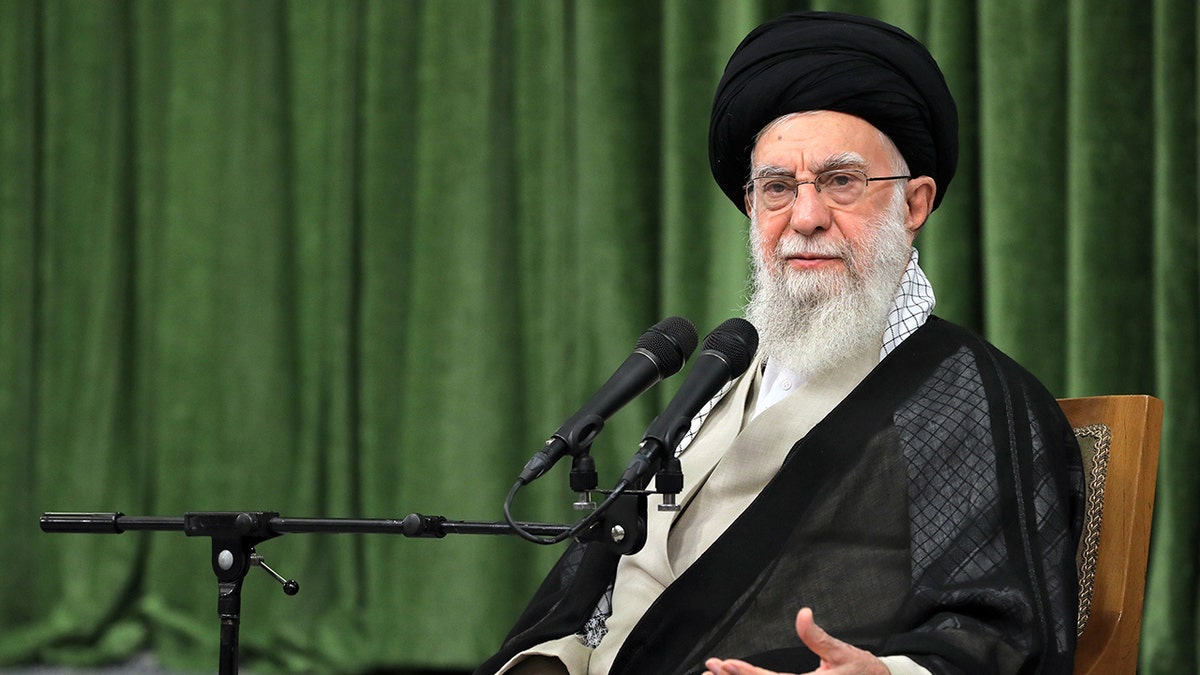
However, the Biden administration shifted away from this approach, opting for a path of negotiation and sanctions relief. This led to a resurgence in Iranian oil exports, reaching approximately 2 million barrels per day, and a substantial increase in revenue. Critics argue that this financial boost empowered Iran to further support its proxies, leading to increased regional instability and conflict, including Hamas' attacks and the Houthi blockade of the Red Sea. Additionally, Iran's strengthened ties with Russia and China raised further concerns.
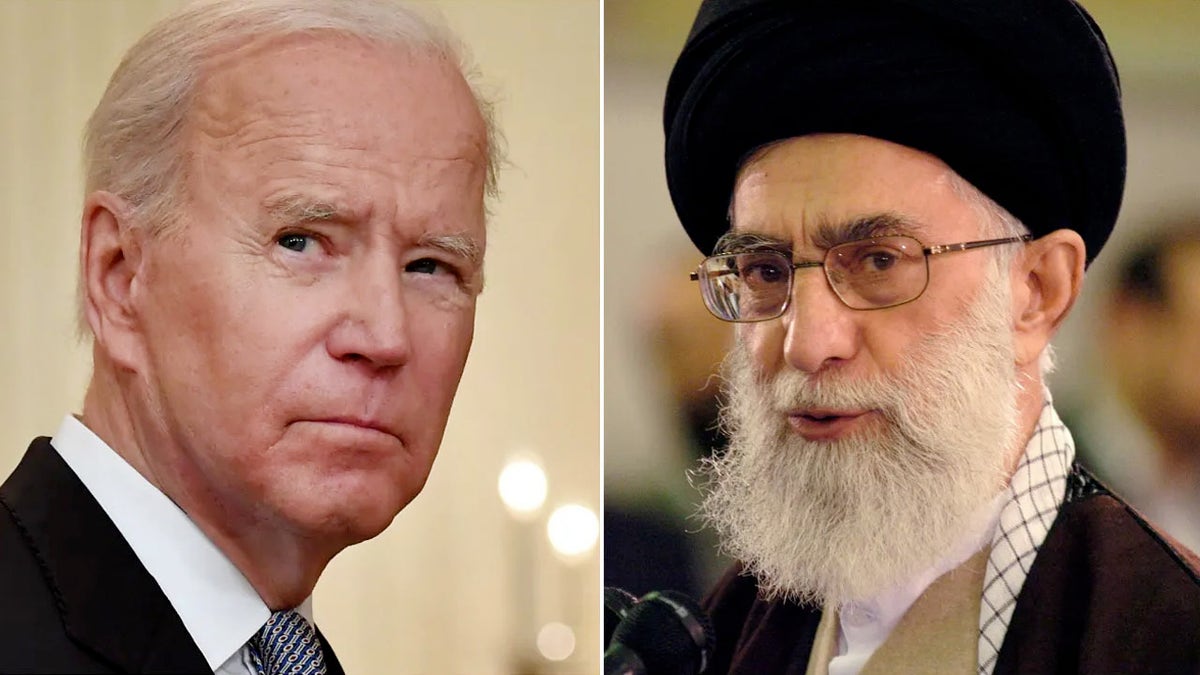
With the return of the Trump administration, the maximum pressure strategy is being reinstated, coinciding with a weakened Iranian regime following Israeli operations against Hezbollah and Hamas. Proponents of this approach believe it presents an opportunity to further constrain Iran's capabilities and influence, potentially paving the way for internal change and greater regional stability. They also advocate for expanding this strategy to address other adversaries, such as Russia and China, whose economies are facing challenges.
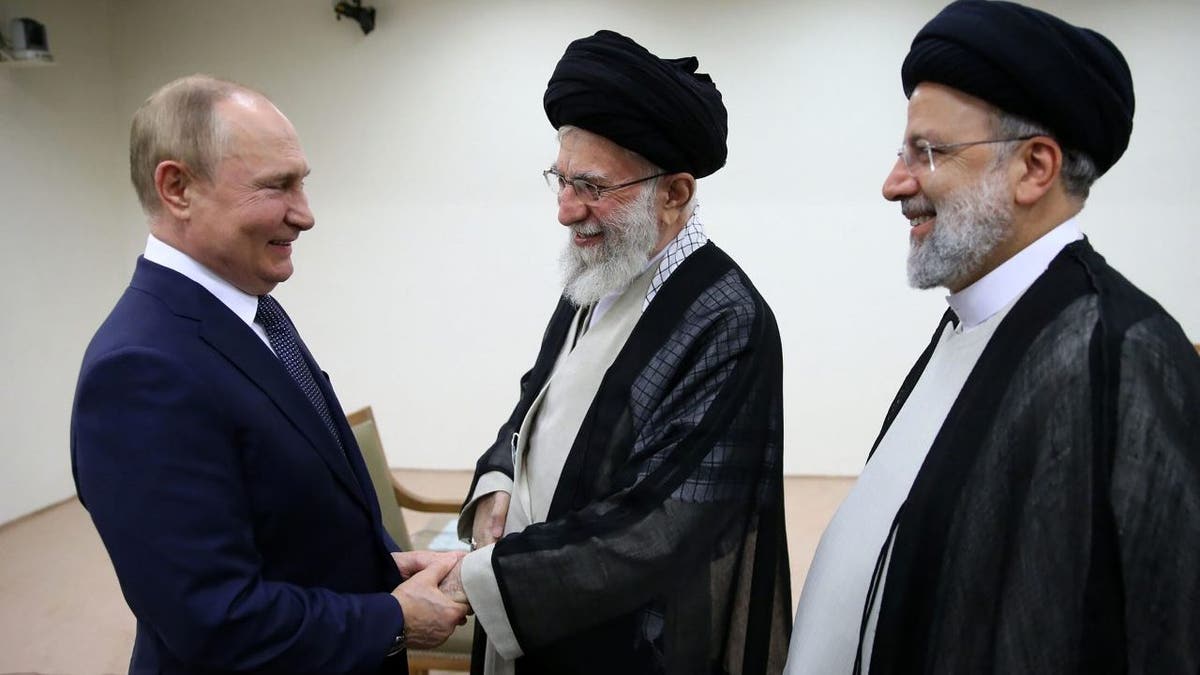

The effectiveness and long-term implications of this renewed pressure campaign remain to be seen, particularly in a complex and evolving geopolitical landscape. However, it undoubtedly signals a significant shift in US foreign policy towards Iran and the broader Middle East.




